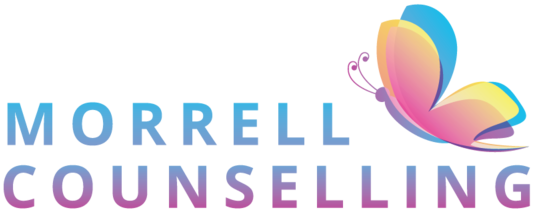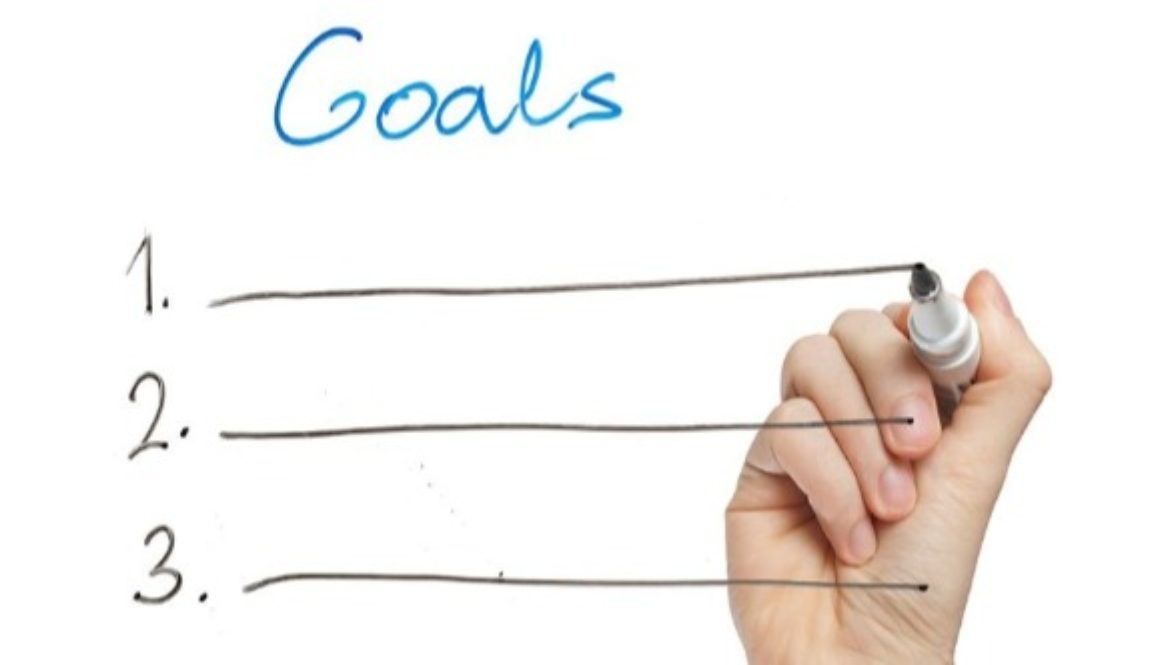SMART Goals
Are you feeling a little lost? Lacking motivation or feeling overwhelmed with how much you’d ideally like to change in your life? Setting SMART goals can be a simple yet effective way to help clarify what you want to achieve and give you the best hope for maintaining your efforts and achieving your goals.
SMART is an acronym you can use as guidance in setting your goals.
Specific – Exactly what is it that you want to achieve? When setting a goal it is helpful to include as much detail as possible (the what, why, who, where, when and how). If your goal is vague it will be much harder to achieve because you will struggle to define when you are successful.
Measurable – It’s important to be able to track your progress so that you will know when you have achieved the goal.
Achievable – Whilst having a goal in itself implies you are reaching for something, it is important not to stretch yourself unreasonably.
Relevant – Is this something that you actually really want or are there other more important things you need to focus on right now?
Timely – You must set a deadline for your goal to avoid putting them off. It might be useful to have mini deadlines along route to the ultimate goal so that you are able to measure the progress.
Example:
“I want to lose weight”
If we aim loosely at losing weight, we could keep putting off the things we need to do to achieve this by continually saying “I’ll start again tomorrow”. If we don’t see the immediate final result we’re unrealistically aiming for, we’re unlikely to stay motivated to get there and then may feel negatively towards ourselves. If I need to lose weight but actually right now I have so many other things I need to prioritise I’m not going to focus on this goal and thus will not achieve it. Instead I need to consider breaking down the main overarching goal of losing weight into smaller more manageable chunks and setting myself a SMART goal.
“I want to lose 1lb every week for the next 4 weeks so that I have lost a total of 4lbs. I will do this by going to a gym class two times a week in the evening after work and cutting out my usual Friday night takeaway. This will help me towards my ultimate goal of losing 8lbs in time for my holiday”
Sometimes if we think big picture, we can get too overwhelmed with how much we have to do. Using the above example, instead of thinking “argh I need to lose 8lbs!”, it feels more manageable and realistic to focus on the first 1lb.
Only you can decide what feels achievable for you, just make sure you’re not setting your standards too high but are also pushing yourself just enough for it to be a challenge.
Weight loss is just one example of goal setting practice. This tool can also be really helpful when dealing with depression. Rather than looking at big picture of “I need to get back to work, improve my relationships, deal with my mental health and stop taking medication” which can feel impossibly overwhelming, focus on setting yourself SMART goals for each day. It could be as straight forward as “I want to make sure I get out of bed and get dressed every day this week”.
If you feel like it would be useful to get some support in achieving the changes you want to make, please don’t hesitate to get in touch to discuss whether counselling may be appropriate for you.

